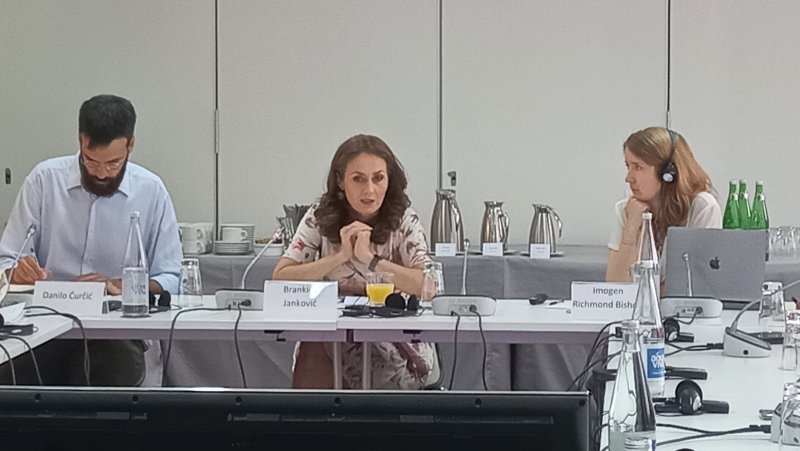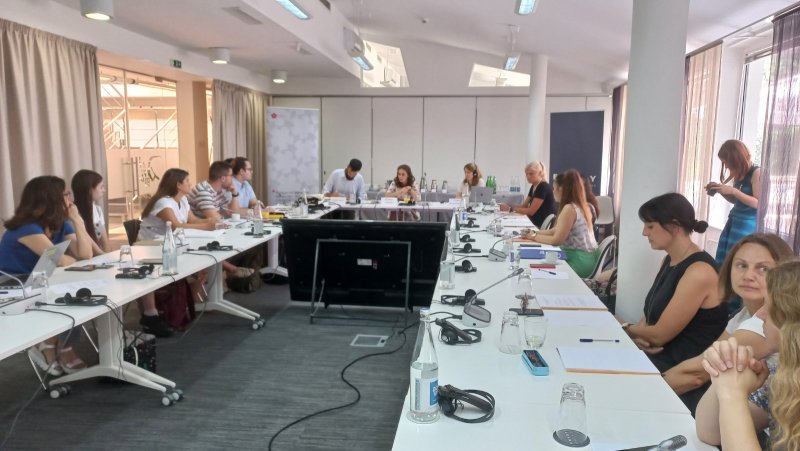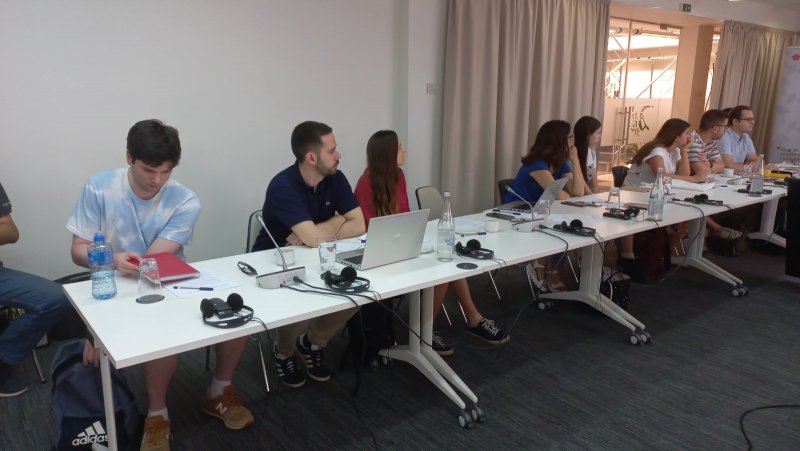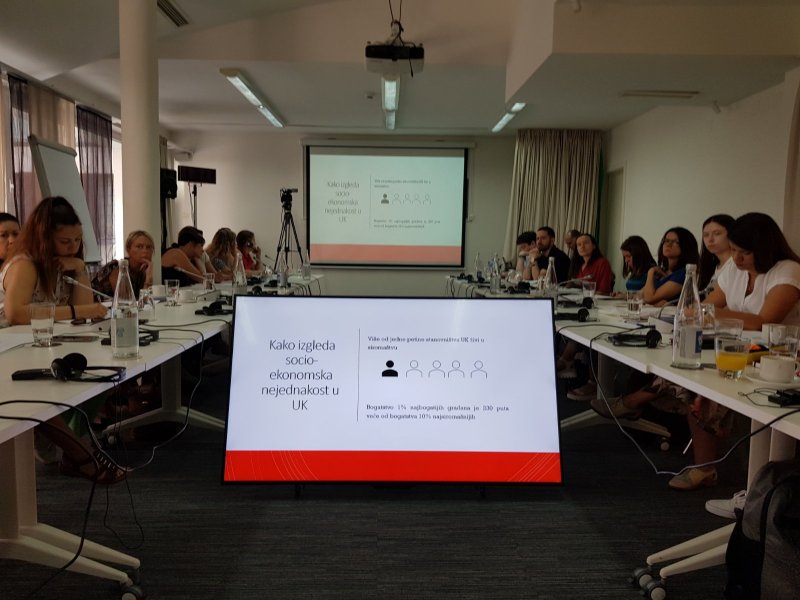Representatives of public authorities must have the skills and be sensitized to recognize and react to discrimination in a timely manner, especially when working with vulnerable social groups. We are talking about the poor, marginalized, and multiple discriminated citizens. All of them must be specially protected and supported by the competent authorities with whom they come into contact and before whom they exercise their rights, said Commissioner Brankica Janković at the opening of the first training for state bodies “Assessment of the impact of regulations and public policies on sensitive social groups”, which was jointly organized and implemented by the Commissioner for the Protection of Equality and the Initiative for Economic and Social Rights A11.
The Commissioner pointed out that the assessment of the impact of regulations on sensitive and socioeconomically vulnerable groups and individuals is very important and that the practice of the Institution has shown that it is more expedient to carry out the assessment at the stage of adopting the regulations, than at the stage of its application, when shortcomings are detected, and their far-reaching consequences are visible. Also, it is necessary to ensure that the impact assessment is efficient and effective, rather than exhausting for the makers of legislation in terms of formal fulfillment of obligations, without essential importance, said Janković.
The aim of the workshop is to familiarize all relevant actors from the public and civil sector with the obligation to assess the impact on sensitive social groups, introduced by the amendments to the Law on Prohibition of Discrimination, and the ways in which it is implemented, while the workshop was led by Imogen Richmond-Bishop from the Equality Trust from Great Britain, which deals with the same topic in that country.






